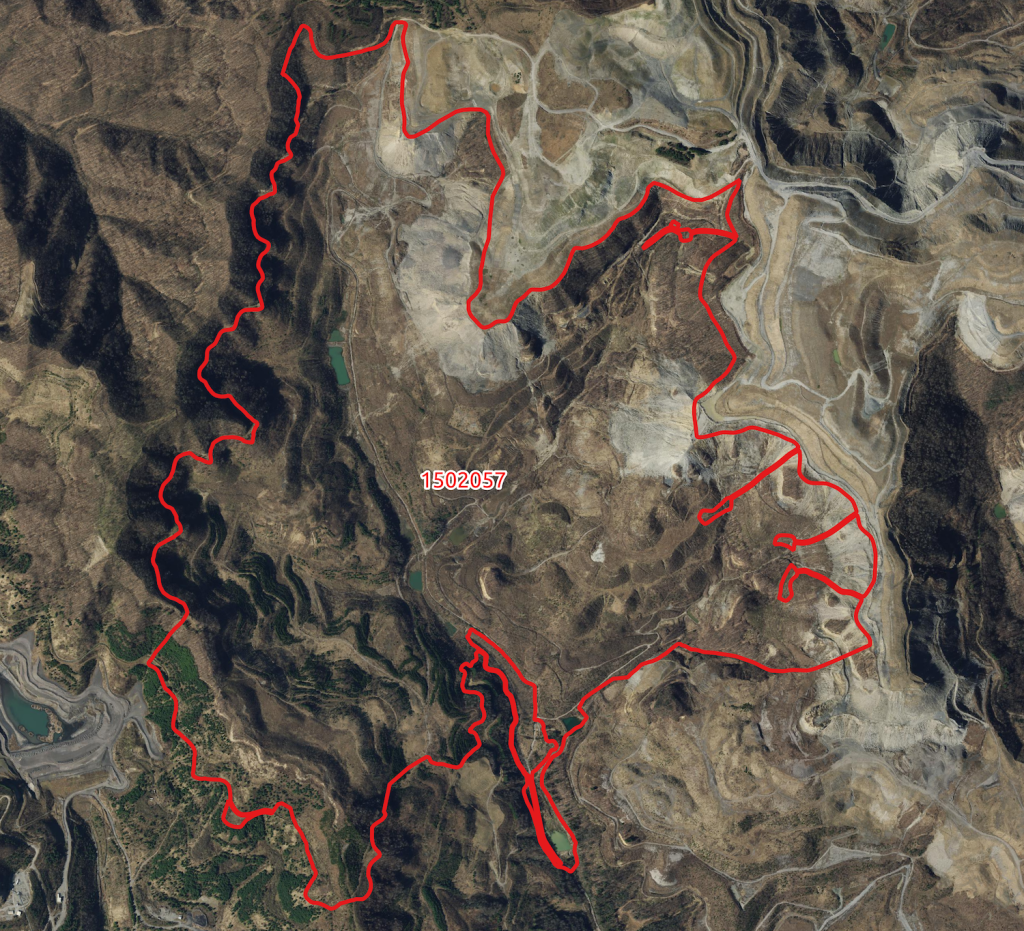Cleaning Up Coal Ash
For well over a century, power plants across the country have burned coal to generate electricity. And for just as long, leftover coal ash has been dumped in open, unlined pits near the power plant, usually located on a river or lake. Every year, U.S. power plants produce 130 million tons of coal ash, which is the second largest waste stream in the country after municipal garbage.
Coal ash concentrates the toxic heavy metals found in coal, including arsenic, mercury, lead and selenium. Stored in unlined, wet impoundments, coal ash has been leaking these toxics into our groundwater and surface waters for years. Sometimes these impoundments collapse — with disastrous results.
Yet government regulations for coal ash management are either non-existent or sparse, and there is little enforcement of the regulations that do exist. In North Carolina, this lack of oversight — and the complicity between state regulators, elected officials and Duke Energy — came to a boiling point in February 2014 when one of Duke’s coal ash impoundments spilled 39 million tons of ash into the Dan River.
Citizens living near North Carolina’s 33 coal ash impoundments — all of which have leaked — have fought for transparency from Duke and the state, and for cleanup of the pollution that threatens their property value, health and family. Their actions forced this issue into the headlines of news networks and to the forefront of environmental justice conversations in the United States.
Appalachian Voices stood with these communities as we worked for years to compel Duke Energy and the N.C. Department of Environmental Quality to excavate coal ash from all the North Carolina sites and dispose of it either in lined, dry landfills, away from waterways, or by recycling it for concrete or other uses, provided it’s done in a manner that protects public health and the environment.
On Jan. 2, 2020, North Carolina announced a historic settlement with one of the state’s most powerful corporations and polluters, Duke Energy. The settlement requires Duke to move nearly 80 million tons of toxic coal ash at six of its power plants to properly lined landfills onsite or recycle it.

Learn information about specific coal ash impoundments in the South, including health threats and safety ratings:
Additional Resources
Fact sheets, videos, links to academic research, and more
Sign Up to Act
Help us protect the health of our communities and waterways.
Latest News
What it takes to reenergize Southwest Virginia
Economic development in Southwest Virginia could get a long overdue jumpstart with the suggestions Virginia Energy outlined in its Reenergize Southwest Final Report. The report, which was released in December 2021, makes recommendations for the General Assembly to support the economic transition in the coalfields after eliminating the state’s coal tax credits in 2021.
Fourth Circuit Invalidates Decision in Endangered Species Act Case, Further Delaying MVP
Today, the U.S. Court of Appeals for the 4th Circuit invalidated the biological opinion and incidental take statement issued by the U.S. Fish and Wildlife Service under the Endangered Species Act for the Mountain Valley Pipeline. The Court’s decision means that construction should not move forward along the 304-mile pipeline route.
Environmental groups seek to defend Virginia’s denial of air permit for MVP in court
Richmond, VA — The Sierra Club and Appalachian Voices, represented by Appalachian Mountain Advocates, moved to intervene in a lawsuit to help defend the Virginia Air Pollution Control Board’s denial of an air permit for the proposed Lambert Compressor station. If built, the station would connect the beleaguered Mountain Valley Pipeline to the proposed “Southgate” extension into North Carolina. The conservation groups filed the motion in response to a lawsuit by the Mountain Valley Pipeline that seeks to reverse the board’s decision.
Future of Mountain Valley Pipeline called into question as fracked gas project receives another crucial setback from Fourth Circuit
CONTACT: Dan Radmacher, (540) 798-6683, dan@appvoices.org Morgan Caplan,…
Advocates applaud introduction of Rep. Scott & Adams’ 10-year extension of excise tax for Black Lung Disability Trust Fund
Today, Rep. Bobby Scott (VA-03) and Rep. Alma Adams (NC-12) introduced the Black Lung Benefits Disability Trust Fund Solvency Act of 2022 to extend the Coal Excise Tax for 10 years, with original cosponsors Rep. John Yarmuth (KY-3) and Rep. Matt Cartwright (PA-12).
Gov. Jim Justice’s Straight Fork Surface Mine again facing possible permit revocation
Updated Jan. 20, 2022: On Jan. 13, Virginia Energy sent a letter to A&G Coal Corporation suspending the permit for the Straight Fork Surface Mine after the corporation failed to respond to the Dec. 8, 2021 show cause order. The permit suspension gives the Justice company until Feb. 14 to deal with the ongoing violations. Failure to do so will then trigger permit revocation and a determination of bond forfeiture.











